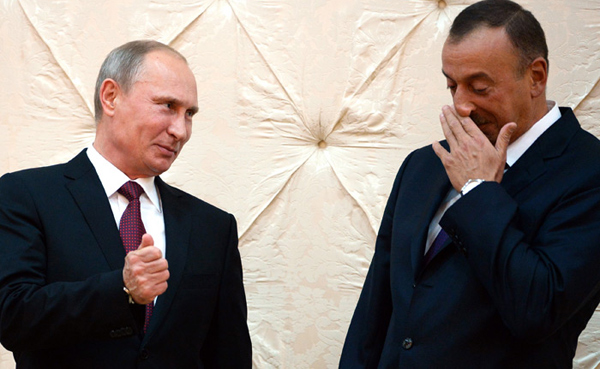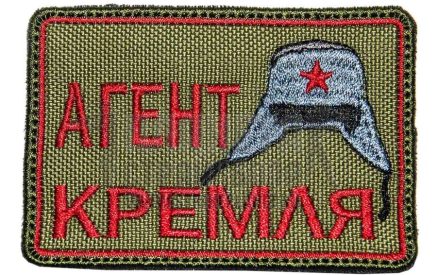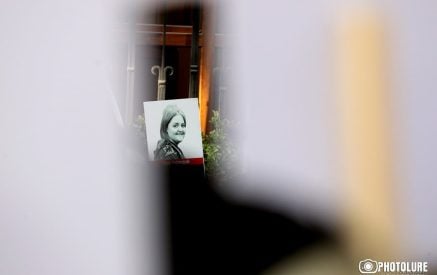On October 27, the next meeting of the Presidents of Azerbaijan and Armenia is planned to be held in Paris. In the result of the invitations made by French President Francois Hollande a few months ago, the third tripartite meeting in the Nagorno-Karabakh peace process will be held, after the meetings with Vladimir Putin in Sochi, and then in the Wales, headed by State Secretary of the States John Kerry. The OSCE MG co-chairs expect “serious discussions on major moments of the peace treaty” from the upcoming meeting in Paris.”
Diplomats and senior officials express their expectations from the Paris meeting, but expecting that it would be fruitful one in terms of a shift, of course, would be naive. Especially today, when not only in our region, but also taken globally, the world is in the phase of rearrangement in the result of escalation of Russia-West relations and sanctions against Russia. To expect in this situation that the next Sargsyan-Aliyev meeting will contribute to the exclusion of deadlock situation of the Karabakh talks would be an exaggeration. The international community, being focused on the on-going “clarification” of the relations between Russia and the West due to the Ukrainian crisis, perhaps, would be satisfied with receiving assurances from the negotiating parties about ensuring at least continuity to the Karabakh negotiation process. Accordingly, the next meeting of Sargsyan -Aliyev in Paris will contribute not so much to the change of the current status quo in the Karabakh settlement process, as particularly to the existing processes around it and the development thereof, which are more remarkable.
Pertaining to Russian-Azerbaijani relations, recently an interesting information popped up. First Deputy Speaker of Azerbaijani parliament, Ziyafet Askerov spoke about Azerbaijan’s accession to the Customs Union. Azerbaijan and Russia are in good relations, both economically and in the humanitarian fields, says Askerov. “We have always given special importance to the bilateral relations. Azerbaijan is also in good relations with the EU and the European Parliament. We do not make difference and do not try to establish a closer relationship with either one. Azerbaijan is in the development stage when the interest of other countries, including Russia, to our country has grown. It is out of question that when building a foreign policy we are guided by national interests.”
Addressing the reasons for Azerbaijan’s not joining the Customs Union, Askerov noted that Azerbaijan gives priority to bilateral relations. “We cannot become a member of a Union because of Karabakh. Bargaining on this issue is impossible. Nagorno-Karabakh and its 7 adjacent regions are Azeri territories. We have not brought up any conditions before anyone for entering into any Union for later to hand over the Karabakh to us.” Factually, official Baku for the first time expressed position about Putin’s Eurasian initiatives, by denying the opportunity to participate in them, and pointed out the Nagorno-Karabakh problem as the reason. It seems that this is a positive fact for Armenia, if Azerbaijan is complaining in the event when there were certain hints by the Eurasian trio on the topic of Nagorno-Karabakh, with regard to considering Azerbaijan’s interests.
Read also
Interestingly, that the position of the official Baku was followed by a statement from the Russian side. On October 21, the CSTO Secretary General, Nicolay Bordyuzha, speaking at the Vienna organized discussion on the Eurasian area security threats, called for restoration of the international anti-terrorist coalition to combat new threats. “We need to urgently restore cooperation established after 2001, the so-called anti-terrorist coalition. If not for it, we may encounter serious problems in the field of security, which will refer not only to Russia and CSTO countries, but also to Europe.” Referring to the CSTO countries’ threats, Bordyuzha singled out the half-completed international mission in Afghanistan, as well as aggravation of the conflict between Armenia and Azerbaijan, and the “opportunity to military way of solving, which was announced by the President of Azerbaijan.”
Although the available quite impressive partnership in the sector of military and energy, a little coolness, perhaps, can be expected in the future in the Russian-Azerbaijani relations. Bordyuzha’s last statement, probably, can be viewed in this context. Recently, Azerbaijani President has met with Igor Sechin, the Head of the Russian “Rosneft” state largest oil company, and discussed the implementation of joint projects between “Rosneft” and the Azerbaijani state oil company SOCAR. The two sides considered also the implementation of joint projects of the two companies outside of the borders of Russia and Azerbaijan. Although, it is not known what projects they are talking about, there are non-official information that the matter is about their projects in Turkey and other countries. As to whether Azerbaijan is in favor of such cooperation, and what Aliyev has responded to the Russian side given the EU and US sanctions against the Russian Federation is so far unknown.
Emma GABRIALYAN



























































